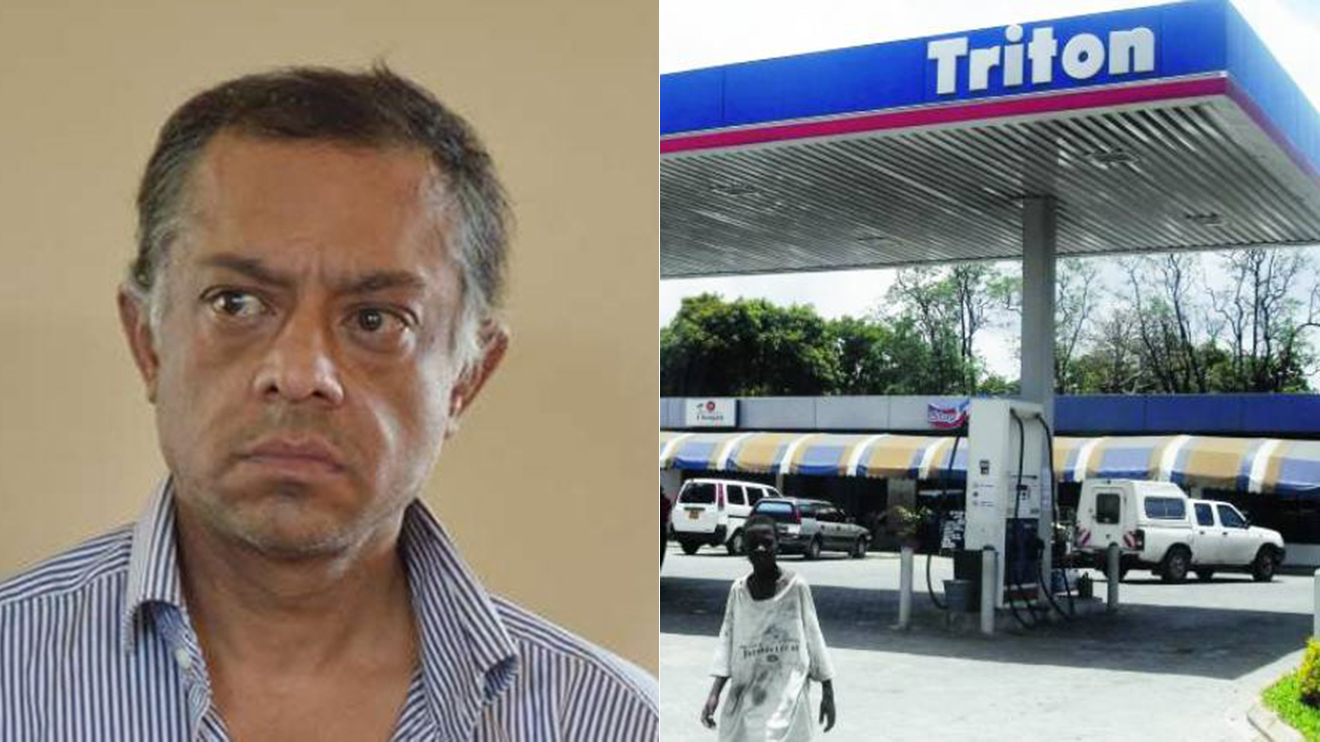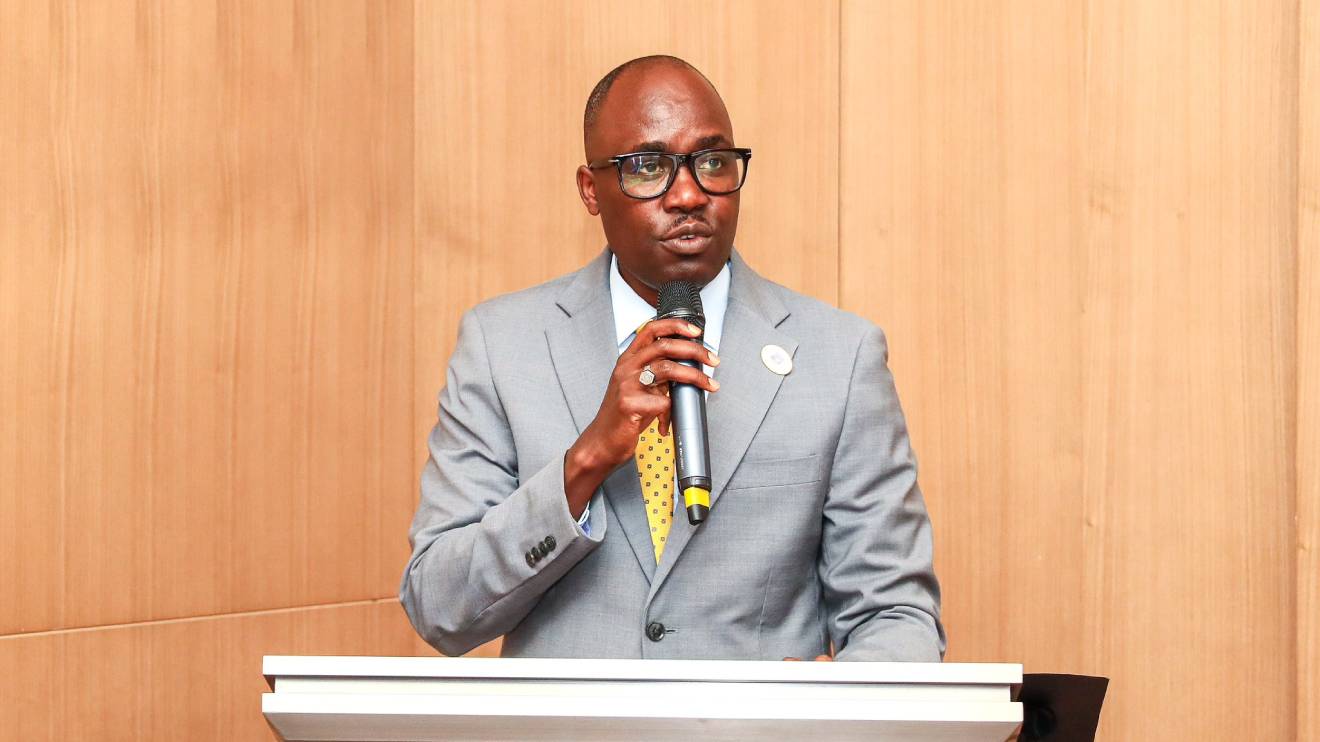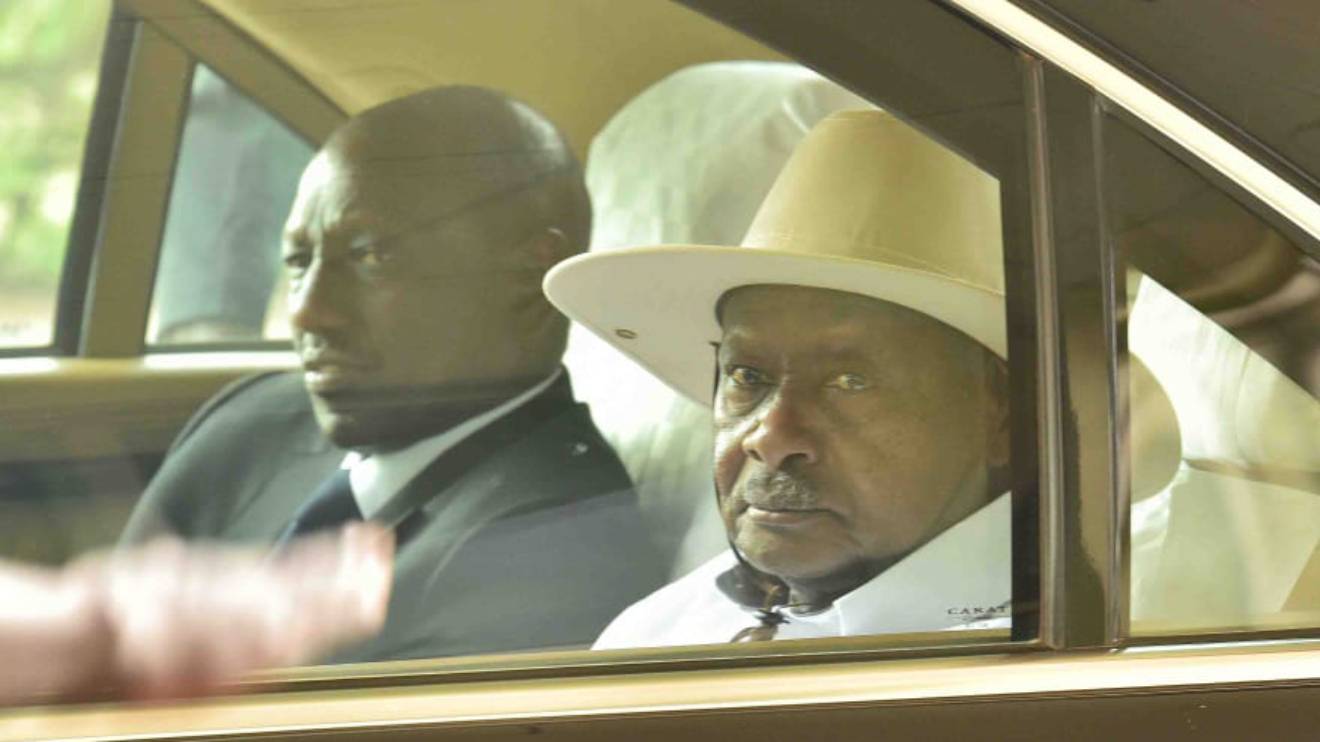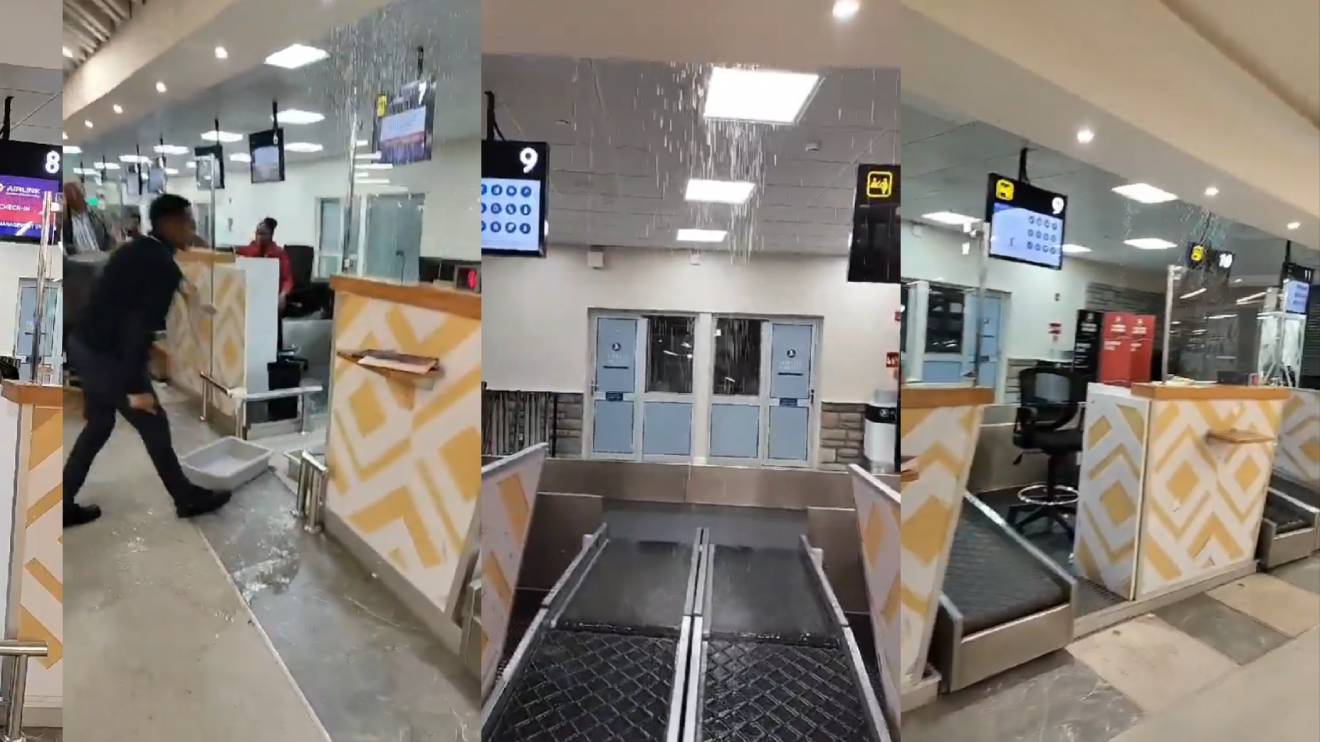In a surprising turn of events, the Milimani Magistrates Court has acquitted businessman Yagnesh Devani and four others of charges related to a conspiracy to defraud Kenya Commercial Bank (KCB) of a staggering sum of Sh1.9 billion through Triton Petroleum Company.
The ruling by Magistrate Zainab Abdul came as a relief to the accused and their supporters, marking the end of a prolonged legal battle fraught with complexity.
Devani, along with Mahindra Pathak, Julius Kilonzo, Collins Otieno, and Benedict Mutua, had faced allegations of orchestrating a scheme to deceive KCB through fraudulent discounting of Triton Petroleum invoices.
However, the court found the evidence presented by the prosecution insufficient to establish their guilt beyond a reasonable doubt.
The proceedings took an unusual course as Devani, the primary accused, chose not to participate, leading the case to proceed in his absence.
Read More
Despite this absence, the court meticulously assessed the presented evidence and arguments.
Central to the case was the alleged fraudulent discounting of Triton Petroleum invoices totalling Sh12 million dollars (equivalent to Sh1.9 billion) by breaching the limits and conditions set by KCB's board of directors.
However, Magistrate Abdul pointed out a critical gap in the prosecution's case—the absence of KCB ledgers as evidence to support the claims of debited funds from the bank's account.
Furthermore, the witnesses predominantly comprised KCB employees, and even the investigating officer struggled to establish concrete links implicating the accused in the purported conspiracy.
Magistrate Abdul emphasized the importance of substantial evidence in criminal trials, highlighting the lack of clarity regarding the specifics of the alleged conspiracy.
Despite acknowledging the existing customer-client relationship between KCB and Triton, the court found the evidence insufficient to convict the defendants.
Notably, Yagnesh Devani's majority shareholding in Triton Petroleum was a focal point of the case, but the prosecution failed to establish his direct involvement in any fraudulent activities.
Crucially, Magistrate Abdul emphasized that even if any monetary discrepancies existed, pursuing recovery through a criminal trial was not the appropriate course of action.
She underscored that the disputed funds were credited to a customer's account within the context of a business relationship, necessitating alternative legal avenues for resolution.
The acquittal brings a sense of vindication to Yagnesh Devani and his co-accused, who had vehemently denied any wrongdoing throughout the trial.
As they exit the courtroom, relieved smiles and expressions of gratitude towards their legal team paint a picture of newfound hope after a prolonged legal ordeal.
While the outcome may not appease all parties involved, it serves as a reminder of the complexities inherent in financial litigation and the importance of robust evidence in securing convictions.
As the defendants walk free, the case leaves lingering questions about the intricacies of corporate governance and the challenges of navigating the legal terrain in pursuit of justice.









-1714232911.jpeg)

